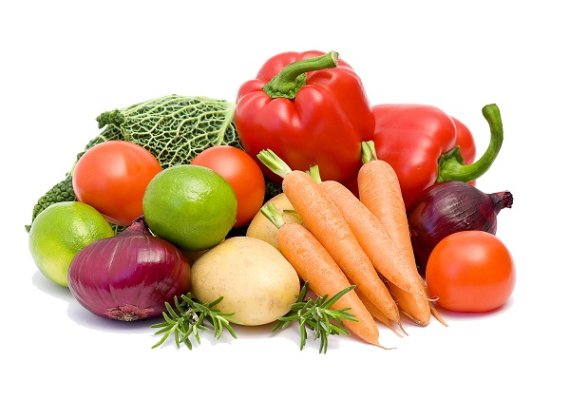The results will come out soon in the journal Appetite. Two- to three-year-olds eat an average of 34-38 grams of vegetable per day, while the recommended daily amount is 50-100 grams. One in five toddlers achieves this target amount. It is difficult for parents to get their offspring to eat more sprouts and beans. The preference for bitter vegetables flavours is not inborn but learned. On the basis of earlier studies, De Wild guessed that freedom of choice might help. ‘More choice boosts motivation. And a motivated person behaves better.’
EAT YOUR GREENS
Adults are no different to children in not eating enough vegetables. According the the recommendations, everyone ‘should’ eat 200 grams of vegetables per day. Yet according to the public health institute RIVM’s food consumption survey, the Dutch average is well below that. Young adults between 19 and 30 eat on average no more than 107 grams (men) and 95 grams (women) per day. Senior citizens do a little better, but even 50- to 70-year-olds only eat 126 grams (men) and 138 grams (women) per day.
For the experiment, 70 children between 2 and 5 years of age were observed. Over 12 meals they ate peas, green beans, carrots, cauliflower, broccoli and runner beans. ‘Insofar as toddlers tolerate any vegetables, they tend to tolerate these ones.’ Half of the group could choose between two vegetables at every meal, while the other half couldn’t. After the meal, the parents weighed how much the children had eaten.
In spite of the disappointing result, De Wild sees prospects. Toddlers who got to choose ate slightly more vegetables (58 grams) than children with no choice (49 grams). A difference too small to rule out coincidence. But De Wild expects a bigger effect among older children. They are further in their development, have less difficulty choosing and therefore benefit more from freedom of choice.

